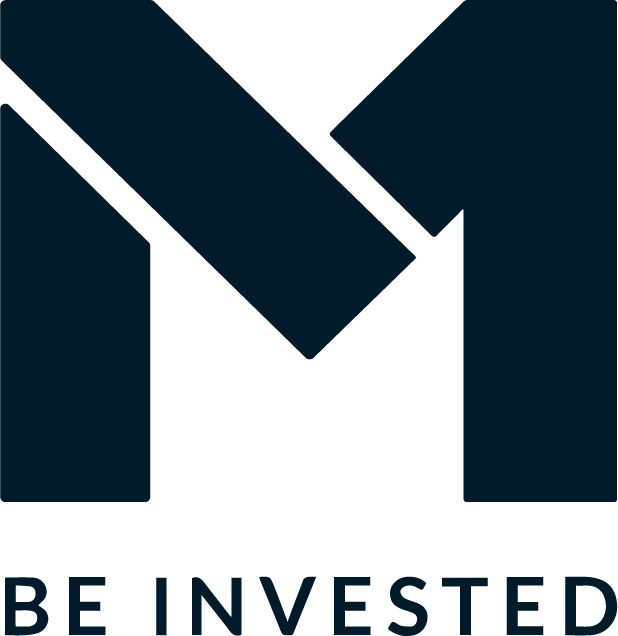When it comes to planning for the future, one of the biggest concerns people face is the possibility of running out of money during retirement. Since you may have access to monthly Social Security or pension checks, this doesn’t mean literally running out of money altogether, but rather losing the ability to cover your expenses without taking on a part time or full time job to make ends meet.
If you plan to retire in your 50s but you’re concerned about the long-term sustainability of your retirement strategy, it’s important to develop back-up plans to protect yourself if an unexpected curveball is thrown your way.
Should You Have a Backup Plan Before Retiring Early?
FIRE Movement
First and foremost, let’s look at what the “financial independence, retire early” (FIRE) perspective would be on the issue of running low on funds midway through your retirement. The FIRE movement is all about creating a sustainable passive income and lowering your monthly expenses enough to create a solid nest egg that will let you retire from your career in your 50s, 40s, or even 30s.
But as this article from MarketWatch points out, sometimes FIRE plans fall through, and people should be equipped with the financial knowledge and self-sustainable resources to deal with the possible consequences of running dangerously low on money during retirement.
If you’ve been captivated by the FIRE movement or you simply like the idea of not having to work until you die to pay the bills, then it’s important not to let the fantasy of early retirement distract you from the realities of living without a predictable, earned income.
Unexpected Obstacles May Arise
Life happens. Whether it’s a car accident, unexpected medical emergency, natural disaster affecting your neighborhood, or something else, you need to have some sort of buffer in your retirement budget to account for any unforeseen expenses.
Sometimes, there’s not even a clear point at which you can say, “That was what pushed me off track to meeting my retirement goals” or “I had to return to the workforce when X derailed my retirement plans.” Sometimes, your spending slowly increases over time without you realizing it.
This is why it’s so important to save significantly more than you anticipate needing for retirement. That way you can have peace of mind when those unexpected expenses or unnoticeable spending increases creep into the picture.
Keep Your Stuff and Home
By now, you might’ve decided it’s a good idea to have a back-up plan in case your early retirement goal doesn’t work out for whatever reason. So, what should that back-up plan include?
One of the most important things to do is to keep your primary residence. You may choose to stay in that home or rent it out to generate a side income if you decide to move into an independent living community like La Posada.
Some folks get involved in geo-arbitrage, which entails living in an area with a low cost of living while maximizing your income stream from back home. Regardless of what you choose to do with your living situation, don’t get rid of your home and material possessions early on in retirement.
Maintain Your Resume
If there’s a possibility you may need to return to the workforce, then the worst thing you can do is cut off your network of professional contacts and let your skills get rusty. This is the only way to avoid getting passed over for younger, more knowledgeable employees if you ever need to apply for jobs again.
Continue Investing
A final component of any early retirement back-up strategy should be a continuous investment in your retirement account. This applies to people who are already retired, too. It can be incredibly disappointing and even depressing to deal with an early retirement plan gone wrong. But, that’s no reason to give up on the possibility of retiring again in the next few years if you stick to a regular savings plan.
You’re not necessarily doomed to never retire again if you have to return to the workforce. Whether or not the circumstances were in your control is an irrelevant concern, figuring out a financially sustainable pathway forward is your best bet. That, and your dedication to carefully saving for long-term goals like retirement are likely to pay off in the future.



